Food for Lebanon. New humanitarian program of the PCPM Foundation
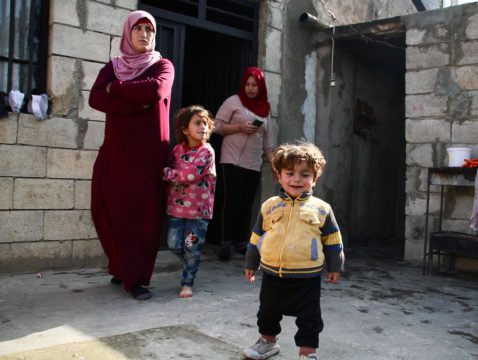
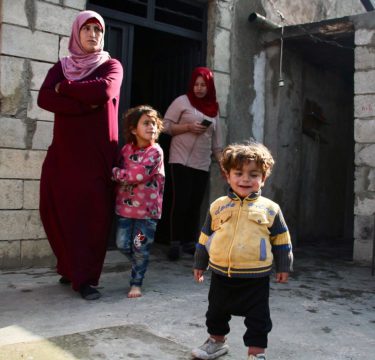
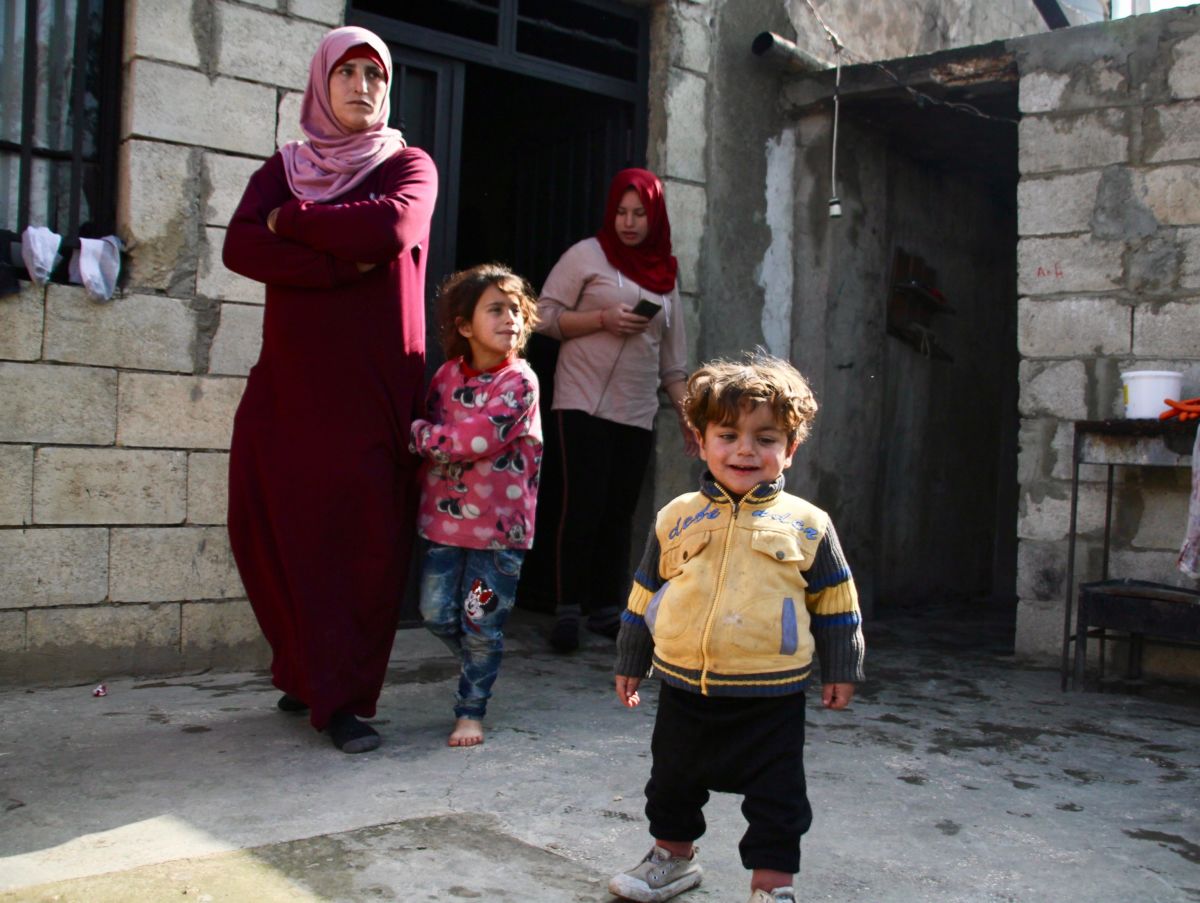
Prices of basic products in Lebanon are rising. The value of the local currency has fallen almost tenfold, which for a large part of the population of a country immersed in the worst crisis in 150 years means one thing: no money for food. 60% of Lebanese go into debt to provide their family with meals. In Lebanese homes, meat, poultry, or fish appear at most once or twice a month. For the Lebanese, who have lost all their possessions because of the crisis, it is a problem to buy milk, bread, or oil, which has become 37 times more expensive in the last two years. The poorest families need urgent food support, which the PCPM Foundation will provide with funds from the Lebanon Humanitarian Fund, administered by UN-OCHA (United Nations Office for the Coordination of Humanitarian Affairs).
For the next six months, the poorest people in Lebanon will receive food parcels. A total of 750 families will receive assistance. These are people living in the border district of Akkar in the north of the country, where the needs are greatest. The packages will contain the most commonly used food products in Lebanon, such as rice, groats, lentils, chickpeas, beans, pasta, canned tuna, tomato puree, or vegetable oil necessary for cooking. Each such package amounts to over 60 kg of food, which makes it possible to meet the monthly needs of a family of 4-5 people. Additionally, to keep the diet healthy and balanced, each family will be able to pick up a box of fresh fruits and vegetables once a week at a local food co-op. The first food parcels have already been delivered to the families.
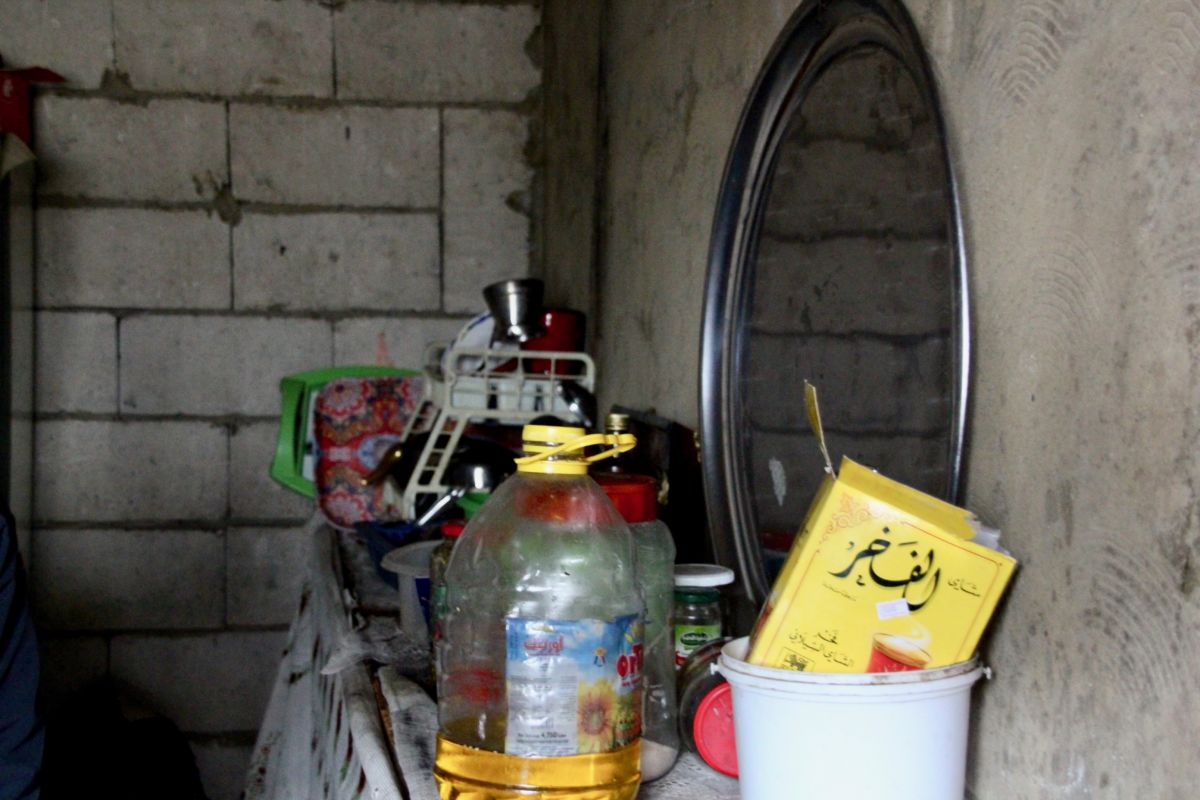
– Now, with galloping inflation and the huge increase in fuel prices (including public transportation), many people can’t even get to an ATM or commute to major grocery stores – says Agnieszka Nosowska, project coordinator from the PCPM Foundation. That is why we decided to help in the form of food parcels – we are also sure that we provide the needy with food of good quality and containing the necessary nutrients, as recommended by the World Food Programme (WFP).
The serious political and economic collapse, the COVID-19 pandemic, and the explosion at the port have led to the fact that the Lebanese, who until recently were helping Syrians fleeing the war, now need this help themselves. PCPM Foundation has been supporting Syrians and Lebanese since the beginning of the Syrian crisis. Since 2012, he has been running the largest humanitarian aid program in Lebanon implemented by a Polish NGO. At the same time, it continues development programs in the country. In 2020 alone, the PCPM Foundation carried out more than a dozen projects, organized a rapid humanitarian action after the explosion in Beirut, as well an expert mission under the aegis of the World Health Organization(WHO) due to the COVID-19 pandemic.
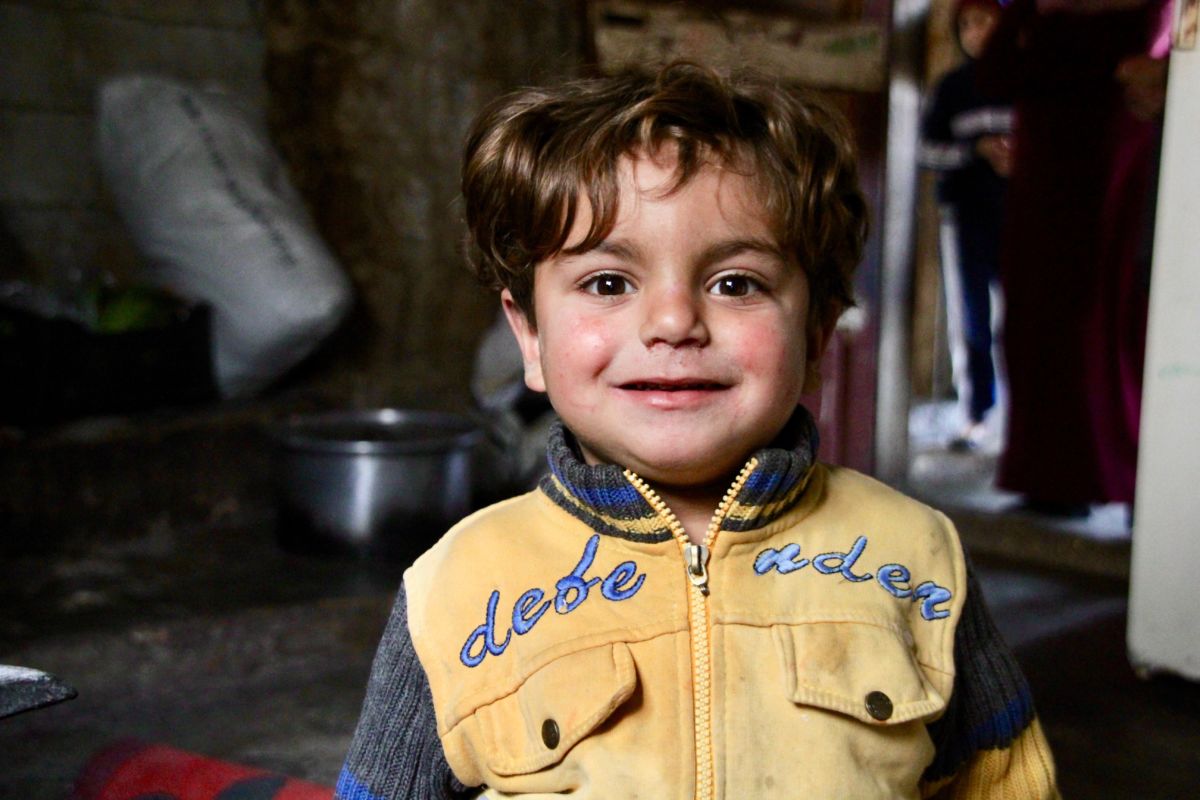
The food aid project for 750 families in Lebanon is financed by the Lebanese Humanitarian Fund and implemented with the support of the Polish Aid program.
